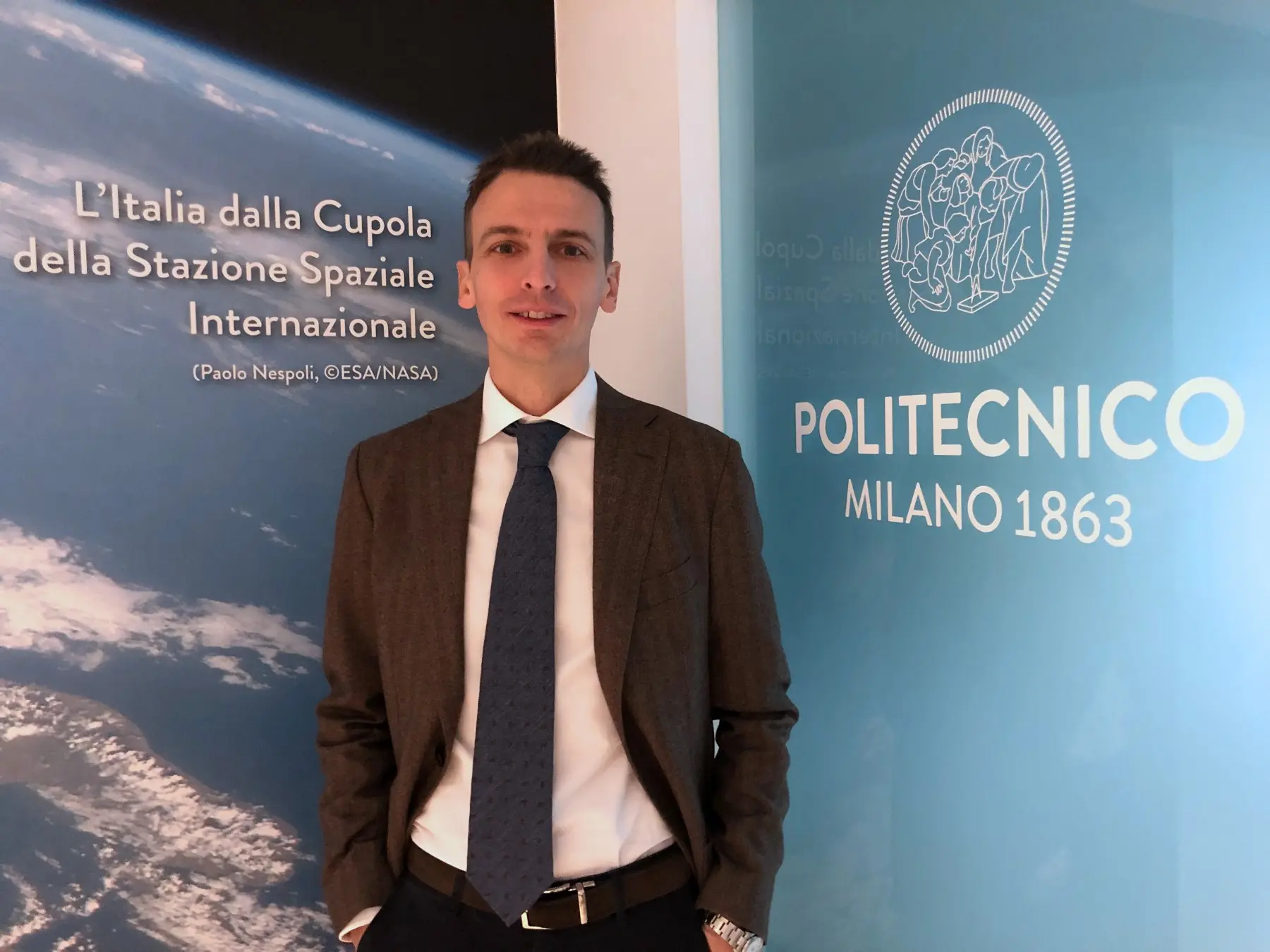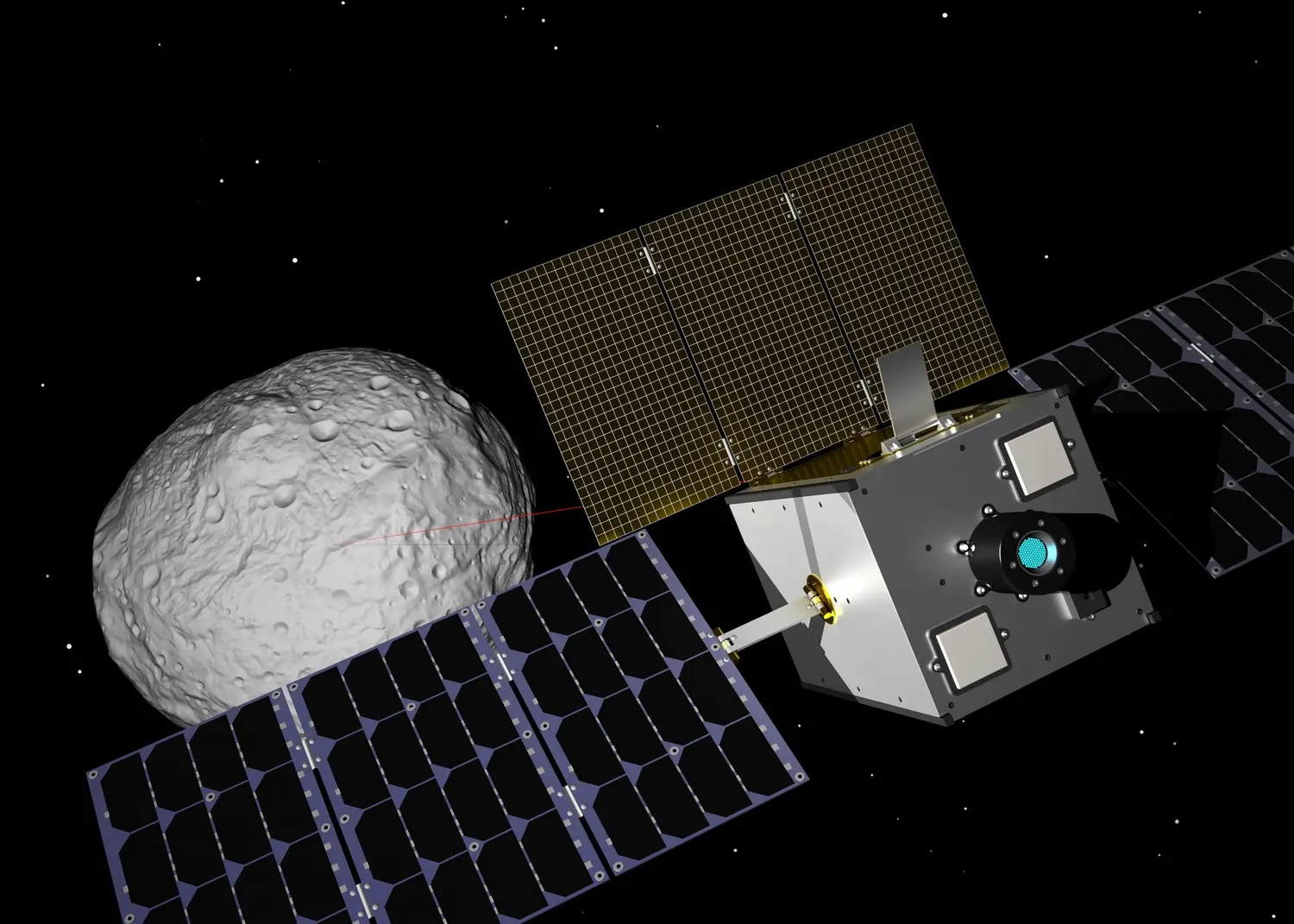DEPARTMENT OF AEROSPACE SCIENCE AND TECHNOLOGY TO CONQUER THE SOLAR SYSTEM WITH THE ERC-FUNDED PROJECT EXTREMA

A grant worth €2M to EXTREMA, the project by Prof. Francesco Topputo awarded the ERC Consolidator Grant, a prestigious award given by the European Research Council to top scientists to pursue frontier research projects.
Solar system exploration is carried out with probes guided from ground. During their cruise toward planets, asteroid, or comets, interplanetary probes are operated by dedicated teams that reconstruct the spacecraft position and elaborate a flight plan consistent with the mission requirements. This approach requires a significant effort, since the cruise can last months, if not years.
In the last decade, miniaturization of electronics has enabled nanosatellites, or CubeSats: shoebox-sized systems that are able to carry out scientific investigations alike conventional spacecraft. CubeSats have reduced the entry-level cost in low Earth orbit by one order of magnitude, and are nowadays the standard for NASA, ESA, and JAXA, the three main space agencies. Nevertheless, the current paradigm preventes their usage for deep-space exploration: operating CubeSats might require the same costs as developing them, so canceling their advantages. This is the context in which EXTRAMA operates.
Engineering Extremely Rare Events in Astrodynamics for Deep-Space Missions in Autonomy, or EXTREMA, introduces “self-driving interplanetary CubeSats”: miniaturized probes able to drive themselves during the cruise, without requiring any contact with ground. The idea conceived at the Department of Aerospace Science and technology by the team lead by Prof. Topputo is challenging: nanosatellites must elf-determine their position by sensing the environment, and must elaborate a guidance law to actuate by virtue of miniaturized thrusters. The project embeds elements of artificial intelligence and exploits ballistic caprture, a delicate celestial mechanics to acquire an orbit about a planet.
This has tremendous potential. Nowadays, the outer space is a prerogative of few large agencies. Lowering the entry-level makes it more accessible by small institutions that cannot afford a conventional mission, which leads to more missions. And more missions mean more scientific investigation and an improved knowledge of the solar system. This technology being complex, a dedicated team of 8 researchers will be recruited to widen Prof. Topputo’s team. All in all, the high-risk/high-gain nature is a prerequisite of ERC projects.
EXTREMA has been awarded the prestigious award by ERC, worth 2 Euro millions. “I worked hard for years to purse my idea, and I am proud to lead a team positioned on the fringe of research in space engineering”. To give an idea of how hard is getting an ERC award, just think that out of the 2453 projects submitted, just 301 have been funded, amounting to a 12% success rate. Of these, one grant has gone to Polimi’s Department of Aerospace Science and Technology.
See ERC press release:
https://erc.europa.eu/news/erc-awards-over-600-million-euro-europes-top-researchers
